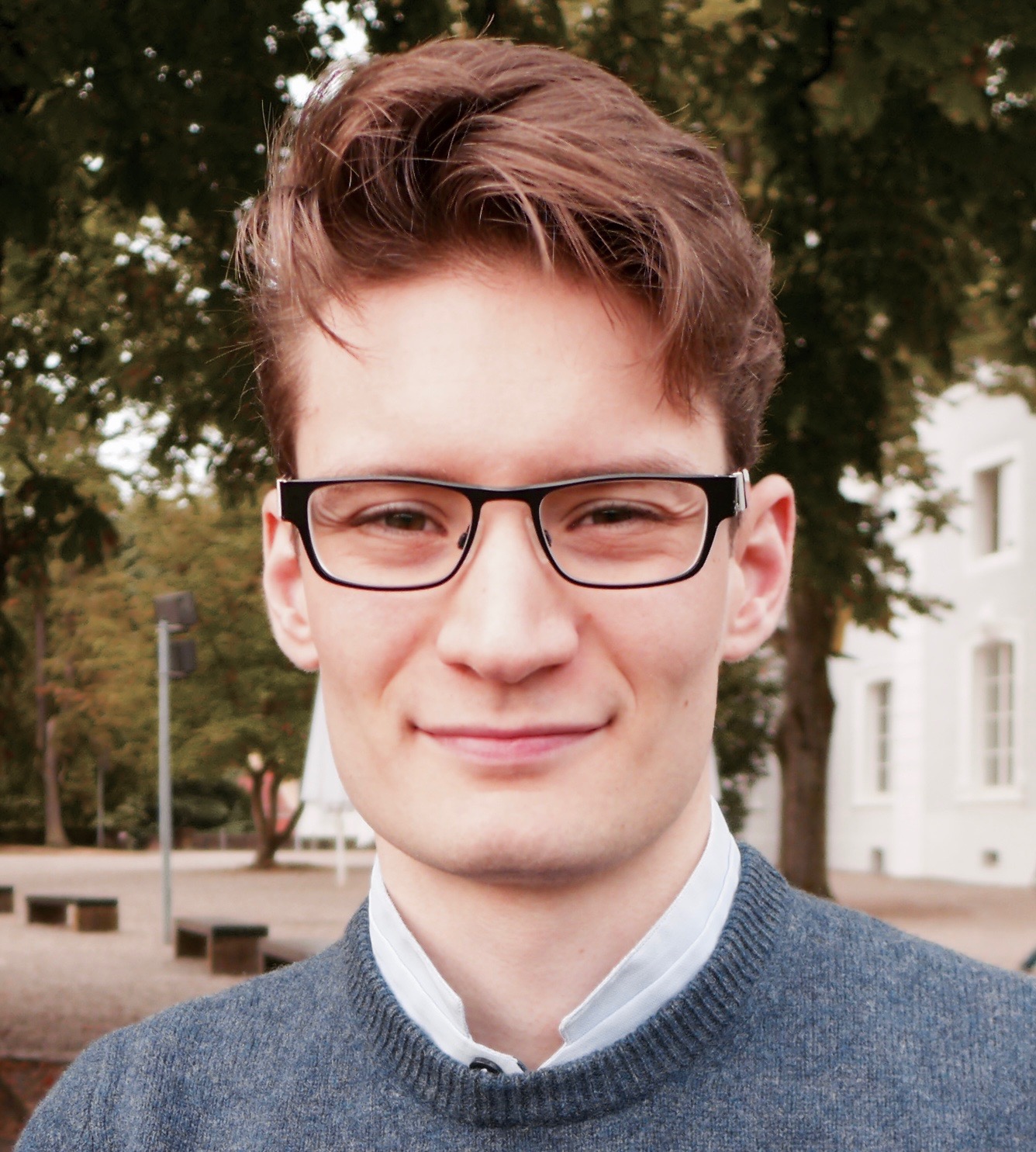Andre Holzer
Research Interest
The human genome undergoes a variety of (epi-)genetic alterations, potentially resulting in harmful diseases such as cancer. Remarkably many of these alterations reside in the non-coding portion of the genome where they are observed to modify enhancer regions. The latter belong to the class of cis-regulatory elements and are known to regulate gene expression via promoter interaction. However, mechanistic understanding of the enhancer-promoter interaction, also referred to as promoter-enhancer wiring is extremely limited.
We are particularly interested in investigating the complex interplay of epigenetic modifications, chromatin accessibility and promoter-enhancer wiring to understand in which way a distinct genetic alternation of an enhancer region influences gene regulation and potentially triggers disease development. In that manner, my research focuses on probing and modulating chromatin accessibility in human cells by combining modern single-cell sequencing with targeted epigenetic editing.
Scientific Background
Work experience
-
2016:
- since December: Master thesis, Genome Organization & Function Group DKFZ & BioQuant Center, Ruprecht-Karls University Heidelberg
- Research intern, Optical Nanoscopy Group DKFZ & BioQuant Center, Ruprecht-Karls University Heidelberg
-
2015:
- Tutor, Physical Chemistry II IPMB, Ruprecht-Karls University Heidelberg
- Reserach intern, Plant Metabolism GroupDepartment of Plant Sciences, University of Cambridge
-
2014:
- Reserach intern, Plant Metabolism GroupDepartment of Plant Sciences, University of Cambridge
- Graduate research assistant, Theoretical and Computational Chemistry Group IWR, Ruprecht-Karls University Heidelberg
- Reserach intern, Bacterial Signaling Network Group BioQuant/ZMBH, Ruprecht-Karls University Heidelberg
- Research intern, Computational Oncology Group DKFZ, Ruprecht-Karls University Heidelberg
- Graduate research assistant, Bacterial Signaling Network Group BioQuant/ZMBH, Ruprecht-Karls University Heidelberg
-
2013:
- Research intern, Bacterial Signaling Network GroupBioQuant/ZMBH, Ruprecht-Karls University Heidelberg
- Student assistant, Biocompatibility LaboratoryApplications Engineering, Fresenius Medical Care St. Wendel
- Research assistant, Theoretical and Computational Chemistry Group IWR, Ruprecht-Karls University Heidelberg
Education
- since 2013: M.Sc. Molecular Biotechnology Ruprecht-Karls University Heidelberg
- 2014 - 2015: Visiting student University of Cambridge, United Kingdom
- 2010 - 2013: B.Sc. Molecular Biotechnology Ruprecht-Karls University Heidelberg Bachelor thesis: "FRET-biosensors for in vivo studies of PhrC signaling in Bacillus subtilis.", Bacterial Signaling Networks, ZMBH & BioQuant Center at Heidelberg University
Stipends
- 2016: EMBL/EMBO conference fellowship
- 2014: Baden-Würtemberg scholarship
Publications
Helliwell K. E., Lawrence A. D., Holzer A., Kudahl U. J., Sasso S., Kräutler B., Scanlan D. J., Warren M. J. & Smith A. G. (2016) Cyanobacteria and Eukaryotic Algae Use Different Chemical Variants of Vitamin B12. Current Biology 26: 999-1008. doi: 10.1016/j.cub.2016.02.041
Wenzel J., Holzer A., Wormit M. & Dreuw A. (2015) Analysis and comparison of CVS-ADC approaches up to third order for the calcula on of core-excited states. The Journal of Chemical Physics 142: 214104. doi: 10.1063/1.4921841.
Contact
Andre Holzer
DKFZ & BioQuant Center
Research Group Genome Organization & Function
Im Neuenheimer Feld 267-BQ24
69120 Heidelberg
Germany
BioQuant room 623
Tel.: +49-6221-54-51374
Fax: +49 6221 54 51487
e-mail: andre.holzer (at) dkfz-heidelberg.de
e-mail: andre.holzer (at) bioquant.uni-heidelberg.de

